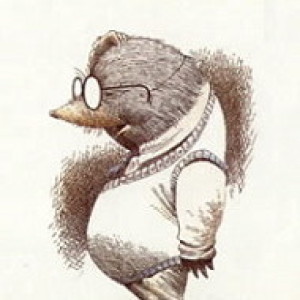The plantain (not the cooking banana variety!)
The ribwort plantains Plantago lanceolata are in full flower. One of the commonest of our British wild flowers, plantains feature in the 10th-century Nine Herbs Charm. The charm was intended for the treatment of poisoning and infection by a preparation of nine herbs.
And you, Plantain, mother of herbs,
Opening from eastward, inwardly mighty;
Over you carts creaked, over you queens rode,
Over you brides bridalled, over you bulls bellowed.
All these you weathered and withstood;
So may you withstand poison and venom,
And the enemy who travels over the earth.
The full list of required herbs is:
Mucgwyrt Mugwort (Artemisia vulgaris)
Attorlaðe (Echinochloa crus-galli)
Stune Lamb's cress (Cardamine hirsuta)
Wegbrade Plantain
Mægðe Mayweed (Matricaria)
Stiðe Nettle (Urtica)
Wergulu Crab-apple (Malus)
Fille (Thyme)
Finule Fennel (Foeniculum vulgare)
At the end of the charm, instructions are given to take the above-mentioned herbs, crush them to dust, and to mix them with old soap and apple juice. Further instructions are given to make a paste from water and ashes, boil fennel into the paste, bathe it with beaten egg – both before and after the prepared salve is applied.
Further, the charm directs the reader to sing the charm three times over each of the herbs as well as the apple before they are prepared, into the mouth of the wounded, both of their ears, and over the wound itself prior to the application of the salve.

Comments
Sign in or get an account to comment.


